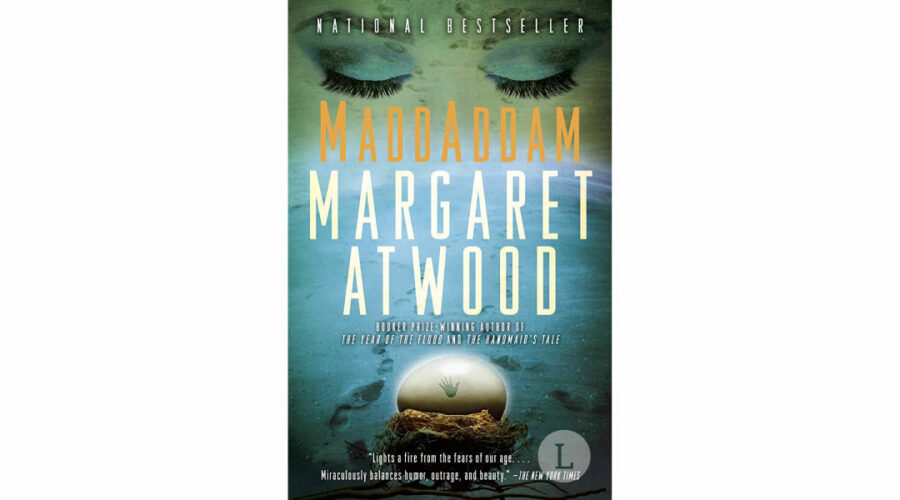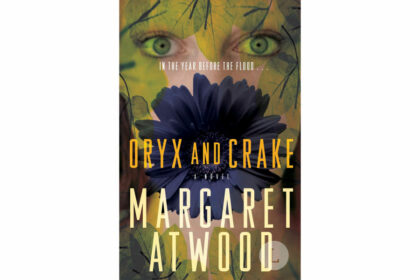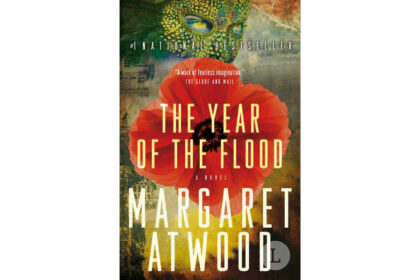MaddAddam is the third novel in Margaret Atwood’s dystopian trilogy, following Oryx and Crake and The Year of the Flood. Published in 2013, the novel continues to explore a post-apocalyptic world ravaged by a man-made plague, and it examines humanity’s …
Margaret Atwood: MaddAddam



